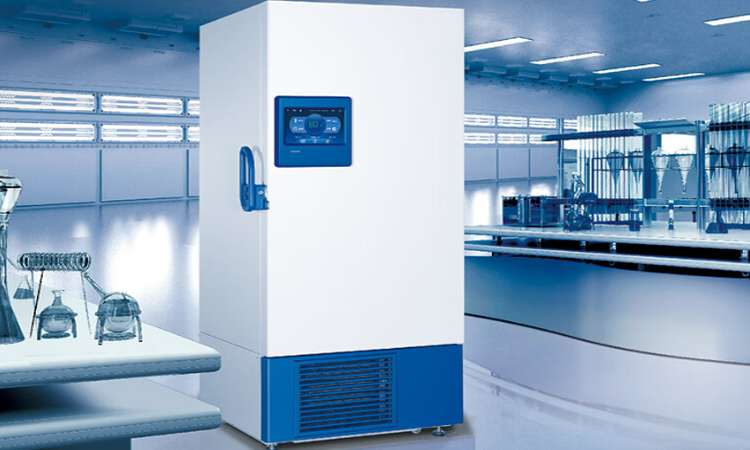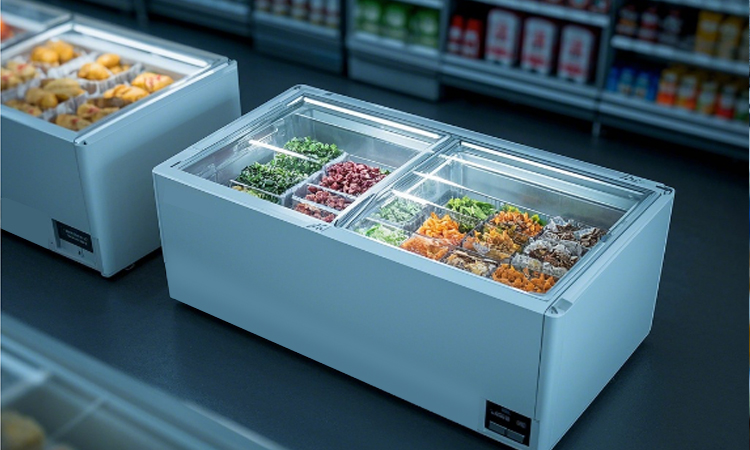

Medical freezers are a critical component in healthcare facilities, pharmacies, and research laboratories. They are designed to store vaccines, biological samples, and other temperature-sensitive materials. Despite their necessity, many people question the high price tag associated with these specialized freezers. This article will uncover the factors contributing to the cost of medical freezers.
Materials and Construction
Medical freezers are constructed with high-quality materials to ensure durability and longevity. The use of stainless steel and other robust materials adds to the cost, but these materials are essential for maintaining the integrity of the stored samples. The construction also includes insulation to prevent heat transfer, which is crucial for maintaining a stable temperature.
Temperature Control Systems
The advanced temperature control systems in medical freezers are designed to maintain precise temperature ranges, often within fractions of a degree. These systems require sophisticated electronics and software, which can be costly to develop and manufacture. The precision is vital for the preservation of sensitive biological materials, which can be damaged or rendered ineffective if exposed to incorrect temperatures.
Regulatory Compliance and Certification
Medical freezers must comply with strict regulatory standards to ensure the safety and efficacy of the stored materials. This compliance requires additional design, testing, and certification processes, which can be time-consuming and expensive. Manufacturers must ensure that their products meet international standards such as those set by the FDA or the EU's CE marking.
Energy Efficiency
Many medical freezers are designed to be energy-efficient, which can reduce operating costs over time. However, the initial investment in energy-saving technology can be high. Energy-efficient freezers use advanced compressors and cooling systems that consume less power, which can be more expensive to produce but result in long-term savings.
Warranty and Support
Manufacturers of medical freezers often provide comprehensive warranties and after-sales support, which adds to the cost. This support is crucial for healthcare facilities that rely on these freezers for critical applications. The warranty and support services ensure that any issues with the freezer can be quickly resolved, minimizing downtime and potential loss of stored materials.
Conclusion
The high price of medical freezers is a reflection of the specialized requirements and stringent standards they must meet. While the upfront cost may be high, the investment is justified by the reliability, precision, and safety that these freezers provide in preserving vital medical materials.





